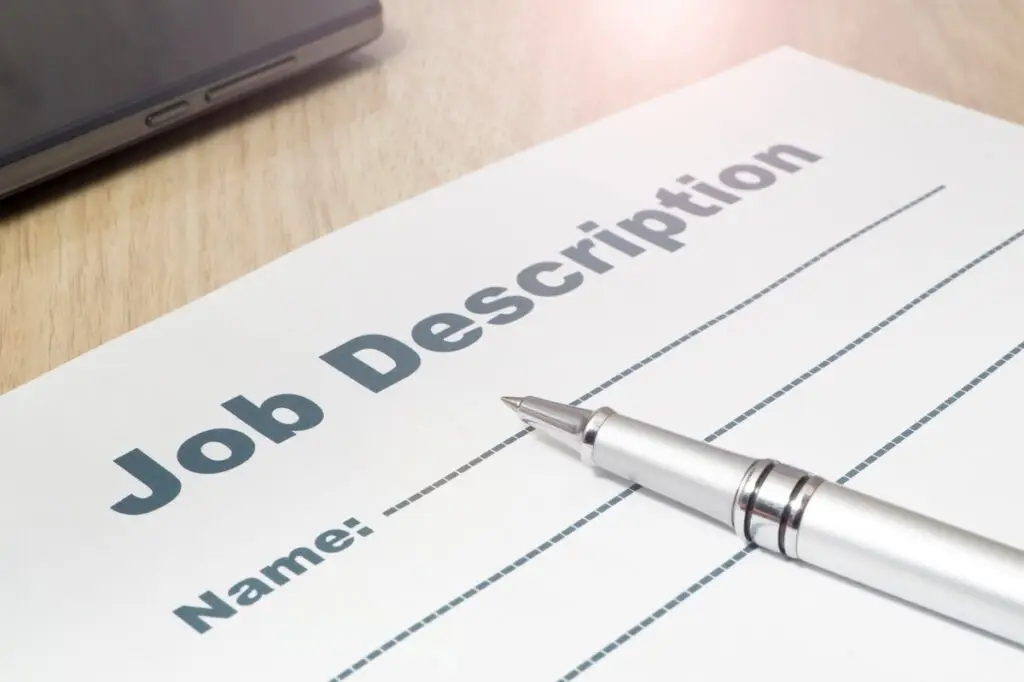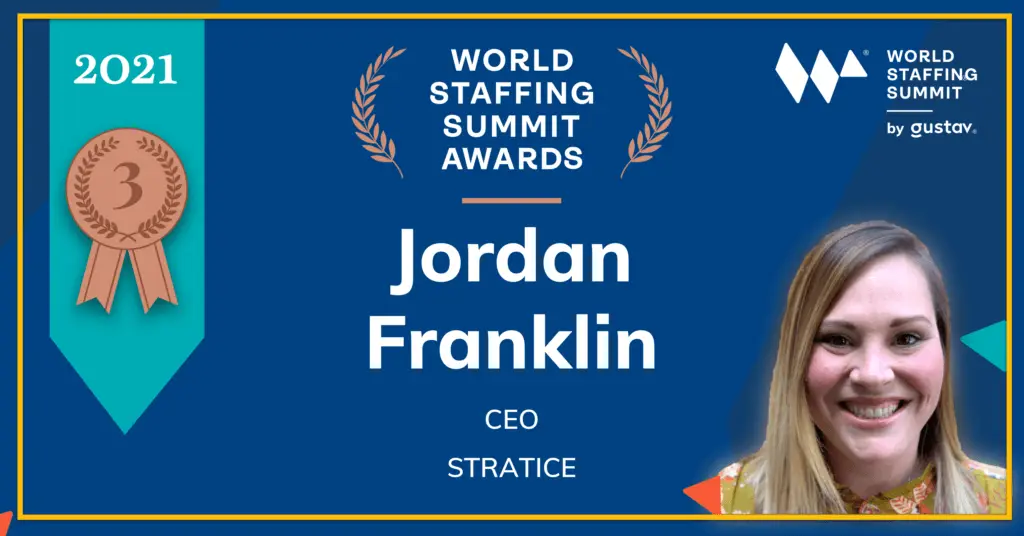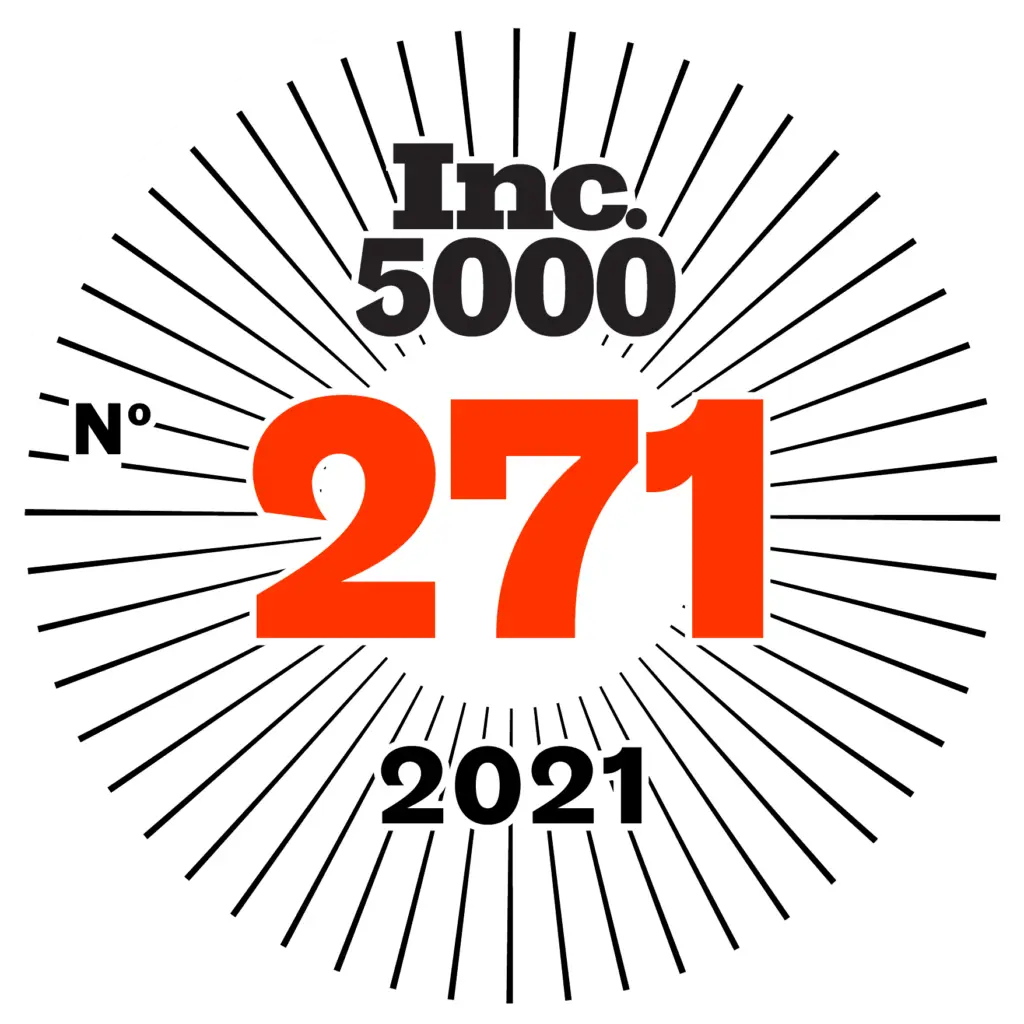Get the Most Out of Your Interview Process With Stratice’s Must-Ask Questions.
Hiring the right talent is a critical part of growing a successful business. The interview process plays a pivotal role in assessing job candidates who have the technical skills needed for the role while also allowing you to find a candidate who aligns with your company culture. Asking the right interview questions ensures you gather the insights you need to make confident hiring decisions.
Here are ten interview questions to ask candidates that provide a deep dive into their capabilities and aspirations, paired with an explanation of why each question matters and what to look for in their responses.
1. Tell Me a Little Bit About Yourself.
Why it Matters:
We all know how nerve-wracking job interviews can be when you’re on the other side of the table. Asking for a candidate to tell you about themself not only allows you to get a read on the candidate’s personality and whether or not they would be a good culture fit, but it also allows them to relax and open up, making it a must to include in your first round interview questions.
What to Look For:
As the candidate tells you about themselves, consider their interests and personality traits in comparison to the team members that they will be working closely with. While it’s not necessary that everyone on your team is best friends, it’s important to foresee any potential differences that could lead to frequent workplace conflict.
2. Can You Walk Me Through Your Professional Development Journey?
Why It Matters:
A candidate’s professional development journey reveals their commitment to learning and adapting. Hiring managers want individuals who embrace change and seek opportunities to expand their skill sets. This question highlights whether candidates proactively improve their knowledge or wait for their employer to initiate growth opportunities.
What to Look For:
Look for candidates who mention certifications, advanced training, or challenges they’ve tackled to grow professionally. If they describe how they’ve integrated new skills into their previous roles, it’s a sign they’re forward-thinking and resourceful. Watch for enthusiasm when discussing their development—passion for learning is contagious and beneficial to any team.
3. What Attracted You to This Role and Our Company?
Why It Matters:
Candidates who’ve researched your company demonstrate a serious interest in the position. This question shows whether the candidate’s goals align with your organization’s mission and values. Understanding their motivation helps gauge whether they’re here for a paycheck or to make a meaningful contribution.
What to Look For:
Strong candidates will reference specific aspects of your job description, such as the opportunity to work in a collaborative environment or to contribute to a cutting-edge project. Responses that tie their skills and experiences to your company’s goals signal alignment and a potential long-term fit.
4. Can You Share One of the Biggest Challenges You’ve Had to Overcome at Work?
Why It Matters:
This behavioral interview question assesses resilience, creativity, and problem-solving abilities. It helps you understand how candidates approach difficulties, which is essential for roles that require critical thinking or working under pressure.
What to Look For:
Look for candidates who structure their answers using the STAR method (Situation, Task, Action, Result). This framework provides clarity and demonstrates that the candidate has effective communication skills. Pay attention to their role in solving the problem—did they take initiative or rely on others? Success is important, but their ability to learn and grow from the experience matters even more.
5. How Do You Prioritize Tasks When Faced with Tight Deadlines
Why It Matters:
It’s important to include interview questions that assess the candidate’s soft skills. This question, in particular, will assess their time management skills, which are crucial for productivity and efficiency. In fast-paced environments, the ability to juggle priorities effectively can make or break success. This question highlights whether candidates can stay organized and focused under pressure.
What to Look For:
Candidates should describe a clear prioritization strategy, such as using task management tools or assessing urgency versus importance. Look for examples where they successfully delivered results without compromising quality. Bonus points if they mention communication—keeping stakeholders informed during busy periods is a key skill.
6. Can You Tell Me About a Time You Worked on a Team Project?
Why It Matters:
Another soft skill that you should be looking for in an ideal candidate is teamwork. Teamwork makes for an efficient, healthy organization, meaning that it is vital for most roles. This question evaluates a candidate’s ability to collaborate effectively.
What to Look For:
Listen for examples of clear communication, conflict resolution, and shared success. Strong candidates will acknowledge the contributions of others while clearly defining their own roles.
7. What Role Do You See Company Culture Playing in Workplace Success?
Why It Matters:
Finding a good culture fit is just as important as finding someone with the right skill set. Employees who align with your company culture are more likely to thrive and stay long-term. This question evaluates whether the candidate values collaboration, diversity, and your organization’s mission, vision, and values.
What to Look For:
Ideal answers will highlight the candidate’s adaptability and appreciation for teamwork. If they mention how a positive culture fosters innovation, productivity, or professional development, it shows they understand the broader impact of workplace dynamics. Beware of overly generic responses—they may indicate the candidate hasn’t thought deeply about this aspect.
8. Describe a Time You Took Initiative Without Being Asked
Why It Matters:
Employees who take initiative bring value beyond their job descriptions. This situational interview question uncovers whether candidates are proactive, solution-oriented, and capable of identifying opportunities for improvement.
What to Look For:
Look for candidates who provide specific examples, such as leading a project, implementing a process improvement, or addressing a gap in operations. Their example should demonstrate problem-solving skills and a willingness to take responsibility. Enthusiasm about their contributions signals they’ll bring the same energy to your team.
9. How Do You Handle Feedback, Both Positive and Constructive?
Why It Matters:
A candidate’s openness to feedback is a strong indicator of their ability to grow and collaborate. Constructive criticism is inevitable in any workplace, and how candidates handle it can shape their long-term success.
What to Look For:
Strong responses will include examples of how the candidate applied feedback to improve their performance. Look for humility and a genuine willingness to learn. Candidates who describe feedback as a tool for growth—and not as criticism—are likely to contribute positively to a team environment.
10. What Skills or Experiences Make You the Most Qualified Candidate for This Role?
Why It Matters:
This question allows candidates to showcase their confidence and self-awareness. It also gives you insight into how well they understand the role and explain why they would be a valuable asset to your company.
What to Look For:
Look for candidates who tailor their responses to your specific needs, referencing key responsibilities from the job description. A concise yet comprehensive answer shows they’ve thought critically about how they can contribute to your team. Watch for alignment with your company’s long-term goals and values.
11. Where Do You See Yourself in Five Years?
Why It Matters:
This question reveals the candidate’s ambitions and whether they align with your company’s growth trajectory. Employees with clear career goals often bring focus and determination to their roles.
What to Look For:
Strong candidates will mention aspirations that are realistic yet ambitious. For example, they may express interest in leadership roles or skill development opportunities that align with your organization’s goals. A candidate whose vision aligns with your company’s offerings is a potential long-term asset.
12. How Do You Stay Updated with Industry Trends and Developments?
Why It Matters:
Every industry is fast-paced, and new innovations are constantly taking place. Last year’s strategies and best practices might not work for your current target market. Staying informed is critical to maintaining relevance in any field, and it’s important that you hire candidates who value staying up to date on industry trends.
What to Look For:
Look for candidates who actively seek professional development through reading industry publications, attending conferences, or participating in relevant communities.
13. How Do You Approach Learning a New Skill or Technology?
Why It Matters:
In addition to keeping up with industry trends, it’s also crucial that the candidate is able and willing to learn. Even if they have experience, as a new hire, they’ll have to become well-acquainted with your specific processes as well as any new tools or skills needed to perform their job role. As your industry evolves, you’ll also want people on your team who can easily adapt to change so that your company can succeed for years to come.
What to Look For:
Candidates should describe a structured, self-motivated approach to acquiring new knowledge, such as taking courses, seeking mentorship, or engaging in hands-on practice.
14. What Do You Consider Your Greatest Professional Achievement?
Why It Matters:
This question highlights what candidates value in their careers and how they measure success. By seeking new hires who strive to grow and achieve continued success in their job role, you’ll be adding value to your organization.
What to Look For:
Seek achievements that align with the skills and values required for the role. Candidates who describe measurable results and the steps they took to achieve them demonstrate capability and confidence.
15. If Hired, What Would Be Your Top Priority in the First 90 Days?
Why It Matters:
This situational interview question gauges how well the candidate understands the role and their ability to set goals. It will also give you insight as to why you should hire them and what potential value they could bring to your team.
What to Look For:
Look for responses that align with your company’s immediate needs and demonstrate a proactive approach to onboarding and contributing value quickly. This could include mastering skills required for the job role, increasing your revenue, increasing client retention rates, etc.
16. Do You Have Any Questions for Us?
Why It Matters:
The questions a candidate asks are as revealing as the answers they give. This part of the interview assesses their curiosity, preparation, and genuine interest in the role. This is a great way to finish up your first round interview questions, but don’t forget to ask it in follow-up interviews as well, as ideal candidates will have likely thought more and come up with additional questions after the first interview.
What to Look For:
Look for candidates who ask thoughtful questions about your company culture, team dynamics, or expectations for success in the role. Avoid candidates who seem disengaged or ask generic questions—they may lack genuine interest or preparation.
Avoid Illegal Interview Questions
It’s essential to stay compliant with hiring laws. Avoid asking questions about age, marital status, religion, or other protected characteristics. Illegal interview questions can lead to legal issues and a poor candidate experience.
Streamline Your Hiring Process with Stratice
Finding qualified candidates must be strategic in order to find your best fit. At Stratice, we simplify the hiring process by connecting you with top-tier talent who align with your company culture and goals. When you need help filling critical roles so that you can focus on running your daily operations, our Stratizens are here to help.
Contact Stratice today, and let’s build a team that will take your business to new heights.








